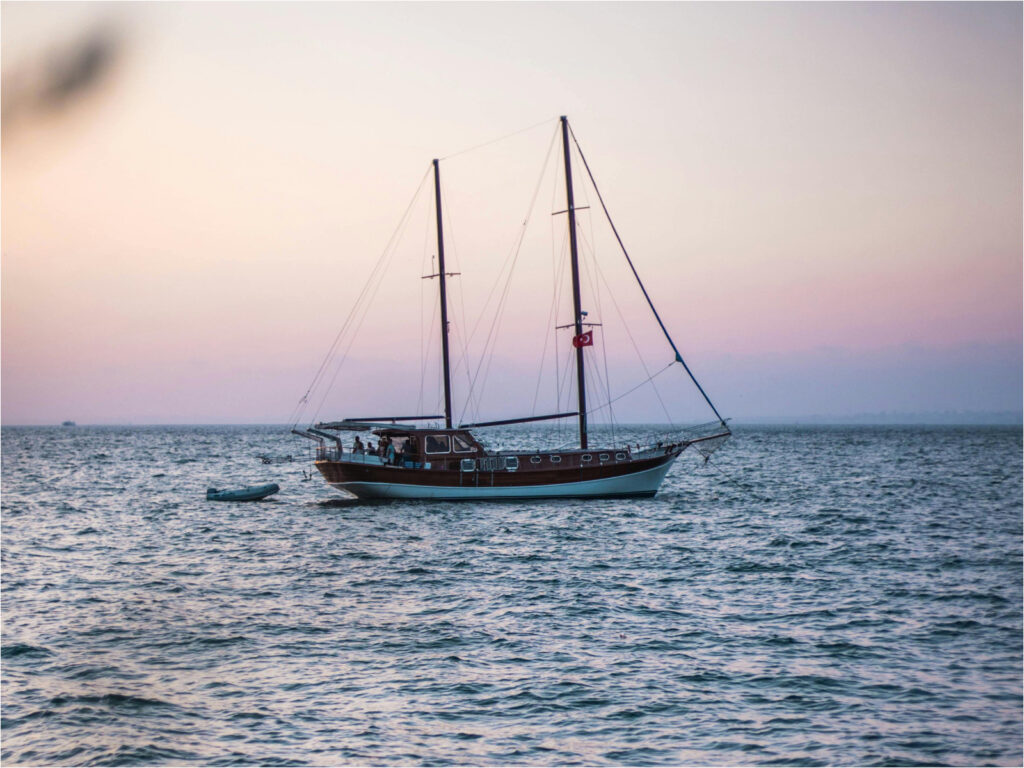Two tragic boat accidents in the Democratic Republic of the Congo (DRC) this week have left at least 193 people dead, with dozens more missing, highlighting the persistent dangers of river transport in the country’s vast interior.
The incidents occurred in Equateur province on consecutive days, roughly 150 kilometers apart. On Thursday evening, a whaleboat carrying nearly 500 passengers caught fire before capsizing along the Congo River in Lukolela territory near the village of Malange. Authorities confirmed that 107 people died in the disaster, while 209 survivors were rescued. However, more than 140 passengers remain unaccounted for, raising fears that the final toll could climb even higher.
Just a day earlier, a motorised boat sank in Basankusu territory, killing at least 86 people, many of them students returning to their schools after the holiday break. Several others were reported missing, though exact figures were unclear. Witnesses described chaotic scenes as families and villagers gathered by the riverbanks to mourn, while emergency teams searched for survivors and bodies.
Preliminary reports suggest that Wednesday’s accident was caused by improper loading and nighttime navigation, both common problems in DRC’s river transport system. Overcrowding, lack of safety equipment, and poorly maintained vessels frequently contribute to deadly accidents, yet enforcement of safety regulations remains weak. Civil society groups have criticized the government for failing to improve safety standards, warning that preventable tragedies continue to claim lives year after year.
Rescue efforts have been complicated by the remoteness of the accident sites and the limited resources available. Naval officers, supported by local volunteers, scoured the riverbanks while authorities promised medical care for survivors, financial assistance for bereaved families, and the repatriation of passengers to their points of origin and destination.
River transport remains a vital means of movement across Congo’s rainforest regions, where roads are scarce and often impassable. For many communities, wooden boats are the only affordable option for traveling between villages. However, these vessels are often overloaded with both passengers and goods, and life jackets are rarely available. Many boats also operate at night, further increasing the risks of accidents and complicating rescue operations.
The dual tragedies in Equateur province serve as a grim reminder of the urgent need for improved safety measures, stricter enforcement of regulations, and investment in safer transportation alternatives. Without meaningful reforms, Congolese families will continue to pay the price for a transport system in crisis.

